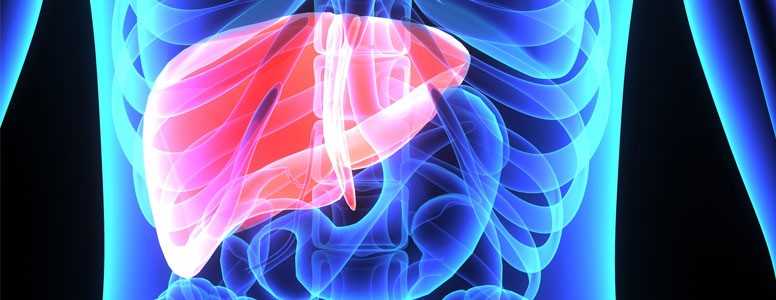A new study has found that every other day fasting alters the gut microbiome composition to promote an increase in the number of mitochondria in the fat tissue of mice.
Recent research suggests that intermittent fasting is a safe and fairly tolerable way for people with type 2 diabetes to improve their body composition and stabilise their blood sugar levels.
In this new paper, researchers from the National Cancer Institute at the NIH describe a “microbiota-fat axis” linking fasting-induced microbial shifts to a phenomenon called beiging in white fat tissue.
Beiging is an intermediate step in the browning of fat that leads to a higher number of mitochondria in the tissue and increases the number of calories burned off as heat through thermogenesis.
The researchers studied the beiging of fat and changes in the composition of the gut microbiome in reponse to time-restricted feeding by fasting a group of mice every other day for a month.
Compared to a control group of mice fed regularly, the fasted mice had a reduced amount of white fat and increased brown fat mass. Indicators of thermogenesis, like core temperature and energy expenditure, were elevated in the fasted group.
In addition to this, fat burning clearly ramped up in the fasted mice as evidenced by variations in the respiratory quotient, which informs of which fuel is being preferentially metabolised.
There was also a massive increase in expression of the Ucp1 gene, which indicates active browning of fat, after just a few days of alternate-day fasting and evidence of beiging in the white fat tissue of mice.
Some studies suggested that gut bacteria may play an important role in orchestrating changes in brown and beige fat tissue while others showed that fasting can significantly alter the composition of the gut microbiota.
In line with earlier findings, researchers saw changes in gut species and metabolites in fasted mice and a transplant of their microbiota to microbiota-depleted non-fasted mice upregulated Ucp1 and beiging in their white tissue.
Upon carrying further analyses on the microbiome of fasted mice, the team determined that two metabolites whose levels increased in those mice, namely acetate and lactate, are known beiging inducers from previous research.
Further, in the fasted mice, there was increased expression of a gene (Mct1) coding for a receptor on white fat cells that drives acetate and lactate transport across their membranes.
Overall, all of these findings support that fasting may likely exert its body composition benefits through changes in the gut microbiome.
The findings were published in the journal Cell Metabolism.
What's new on the forum? ⭐️
Get our free newsletters
Stay up to date with the latest news, research and breakthroughs.






